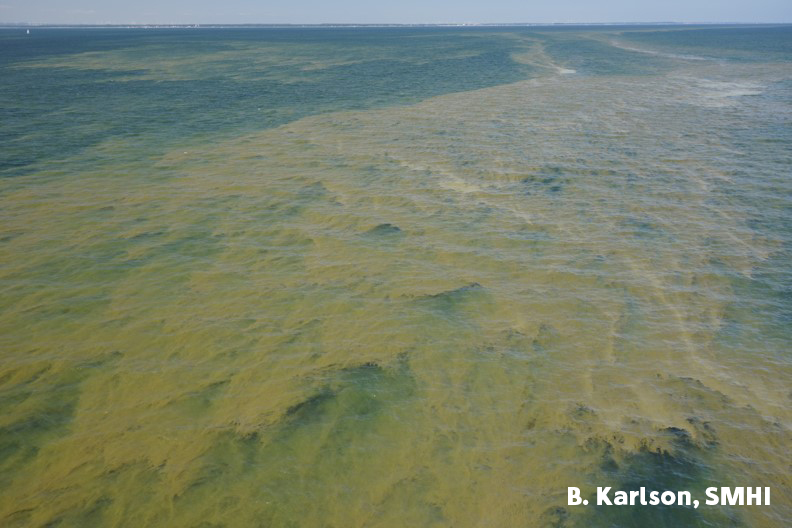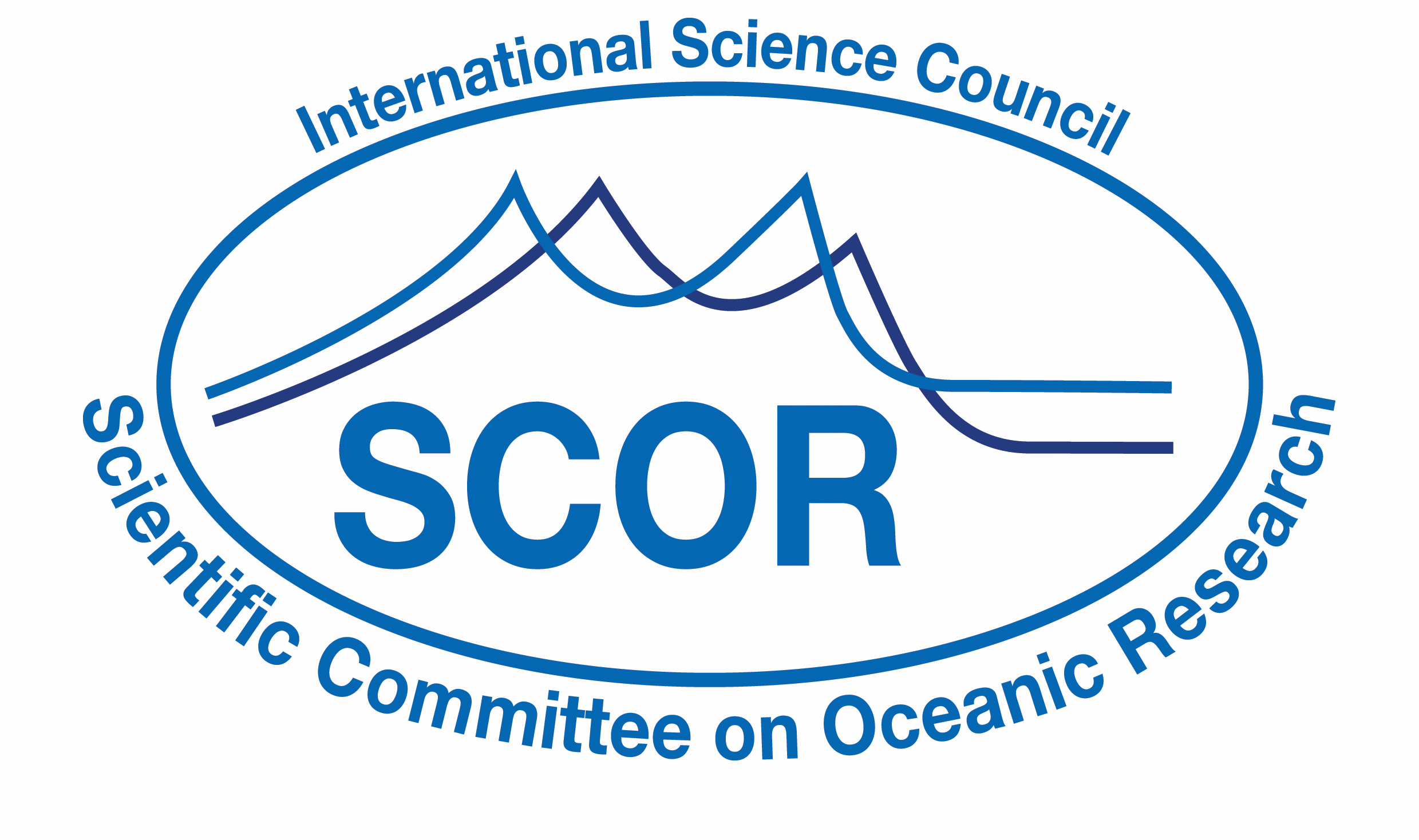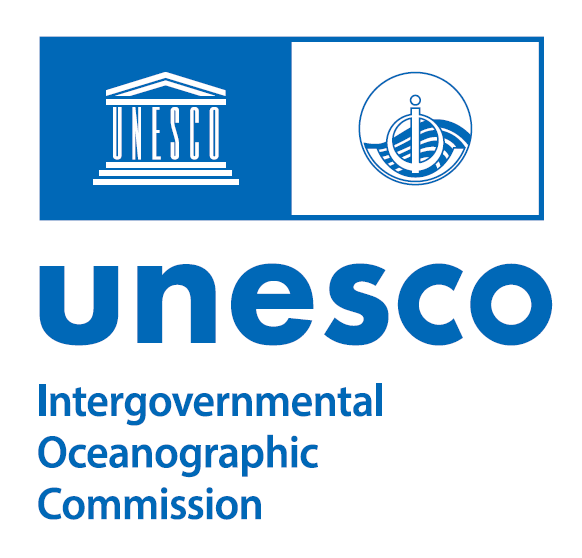The Global Harmful Algal Blooms (GlobalHAB) Programme is an international scientific programme on harmful algal blooms (HABs). It is aimed at fostering and promoting co-operative research directed toward improving the understanding and prediction of HAB events, and providing scientific knowledge to manage and mitigate their impacts against the background of global changes in climate, and increased anthropogenic pressures on aquatic ecosystems. GlobalHAB will address the scientific and societal challenges of HABs through the application of advanced and cost-effective technologies, training and capacity building, with a multidisciplinary approach. It will also build linkages with broader science domains (climatology, toxicology, economy, medicine, public health), emphasize social science communications and address management priorities. GlobalHAB will operate for 10 years from 2016 to 2025.
GlobalHAB is a continuation of the first international programme, GEOHAB (Global Ecology and Oceanography of Harmful Algal Blooms) created in 2001 to foster international cooperation to advance understanding of HAB dynamics and to improve our ability to predict HABs. GEOHAB mainly focused on the physiological, behavioral, and genetic characteristics of harmful microalgal (mainly eukaryotes and some cyanobacteria) species, and the interactions between physical and other environmental conditions that promote the success of one group of species over another. GEOHAB was designed to study HABs with a view to integrating global data from comparable ecosystems. With an international, multidisciplinary and comparative approach, GEOHAB advanced our understanding of the mechanisms underlying population dynamics of HABs within an ecological and oceanographic context, and also from the ecosystem perspective at the regional scale. GEOHAB encouraged combined experimental, observational and modelling tools, using existing and innovative technologies in a multidisciplinary approach, consistent with the multiple scales and oceanographic complexity of HAB phenomena.
GEOHAB was supported by the Scientific Committee on Oceanic Research (SCOR) of the International Council for Science (ICSU) and the Intergovernmental Oceanographic Commission (IOC) of UNESCO, and was also built on related national, regional and international efforts in HAB research. With strong administrative support from SCOR and IOC, and the active participation of the Scientific Steering Committee (SSC) and Core Research Project (CRP) working groups, GEOHAB accomplished many of its scientific goals (Kudela et al. 2017*), and left a strong legacy of international coordination and training for HAB research, a large number of endorsed projects, and a significant number of reports, special issues, and acknowledgements within the published literature (www.geohab.info).
At the end of GEOHAB, the international HAB community at the Paris Open Science Meeting (OSM, April 2013) encouraged a follow-on initiative to implement the most relevant and partially accomplished GEOHAB objectives on HAB research and to incorporate new pressing issues (GEOHAB 2014). Based on the Paris OSM (GEOHAB 2014) and subsequent discussions, and recommendations from the GEOHAB SSC, in consultation with SCOR and IOC representatives, the GlobalHAB programme was formally introduced in April 2015 to the Intergovernmental Panel on Harmful Algal Blooms (IPHAB, of IOC) and SCOR, and also received endorsements from the International Atomic Energy Agency (IAEA). IPHAB (and IOC) and SCOR endorsed GlobalHAB as a new programme. With this perspective, the new GlobalHAB programme will operate for 10 years, starting in 2016.

Surface accumulations of cyanobacteria in the Southern Baltic Sea in 2013. Photo: Bengt Karlson, Swedish Meteorological and Hydrological Institution..
The GlobalHAB Scientific Steering Committee (SSC), on behalf of the entire international HAB community, thanks the sponsors of GlobalHAB, including the Intergovernmental Oceanographic Commission (IOC) of UNESCO and the U.S. National Science Foundation through the Scientific Committee on Oceanic Research (SCOR) for their financial support of GlobalHAB.
In this webpage we integrate the information of the preceding programme GEOHAB and the objectives and future accomplishments of the new programme GlobalHAB.
*Kudela, R.M., Bewrdalet, E. Enevoldsen, H., Pitcher, G., Raine, R., Urban, E. (2017). The Global Ecology and Oceanography of Hamrful Algal Blooms Program: Motivation, Goals, and Legacy. Oceanography 30(1):70-81, https://doi.org/10.5670/oceanogr.2017.111.


